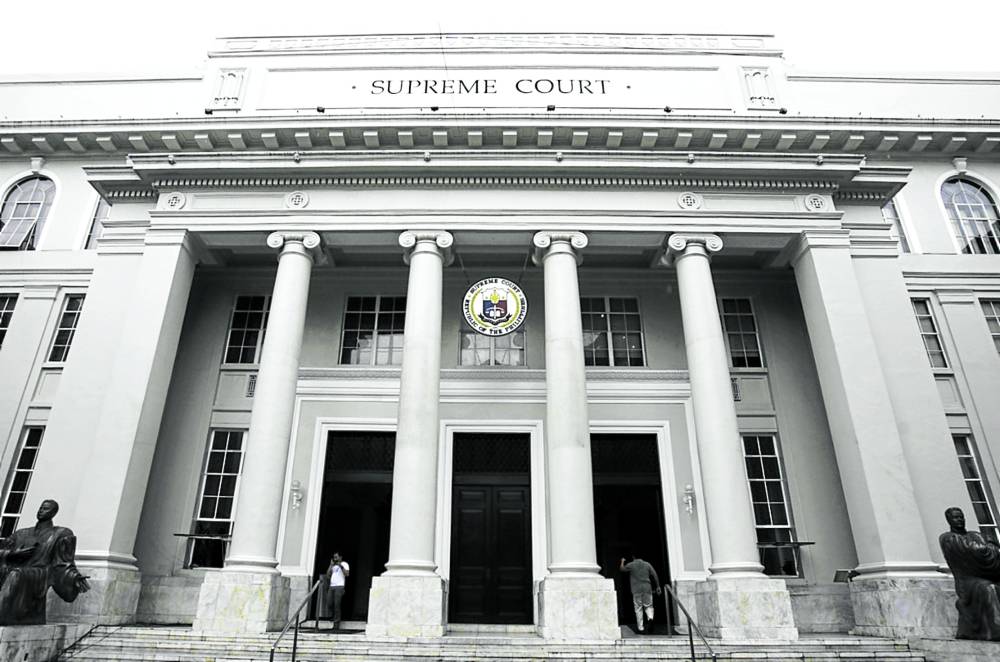MANILA, Philippines — The Supreme Court has ruled that illegally dismissed probationary employees are entitled to back wages from the time their compensation was withheld up to their actual reinstatement.
In an en banc decision dated April 16, a full copy of which is yet to be made public, the high tribunal denied the petition for review on certiorari—or review of actions made by lower courts—filed by Batangas-based CP Reyes Hospital, ruling that its probationary employee Geraldine Barbosa was illegally dismissed and thus entitled to back wages.
According to the high court, both the Constitution and the Labor Code do not distinguish between regular and probationary employees in guaranteeing the right to security of tenure.
READ: The different kinds of employees
The case dates back to September 2013 when Barbosa signed a six-month probationary employment contract with CP Reyes Hospital.
During her probationary period, she would train as a staff nurse, then as a ward head nurse, and finally as a training supervisor.
However, after three months, the Batangas-based hospital terminated her probationary employment due to negative performance feedback, prompting Barbosa to file an illegal dismissal complaint against the employer.
Arbiter’s decision
The labor arbiter ruled that Barbosa was illegally dismissed, as it found that the numerical passing marks given by her evaluators showed she successfully met CP Reyes Hospital’s standards.
Although the National Labor Relations Commission subsequently overturned that decision, the Court of Appeals (CA) in a 2016 ruling reinstated the labor arbiter’s decision in favor of Barbosa.
“In fine, employers must be reminded that while probationary employees do not enjoy permanent status, they enjoy the constitutional protection of security of tenure,” the CA said.
The Supreme Court affirmed the appellate court’s ruling, saying that probationary employment may be terminated when the employee fails to qualify as a regular one, based on the “reasonable standards made known by the employer to the employee at the time of engagement.”
In this particular case, the high court said Barbosa’s dismissal was “baseless” since she obtained the passing grades needed to meet the regularization standards spelled out in the probationary employment contract.
The Supreme Court said it found CP Reyes Hospital’s claims of unsatisfactory performance “ungenuine” because they were only issued two weeks after the employee had already been terminated and without an accompanying performance evaluation.
“As Barbosa was illegally dismissed, she is entitled to reinstatement, full back wages, and other benefits,” the high court said.
Basis for amount
In determining the amount of back wages due Barbosa, the Supreme Court reconciled conflicting jurisprudence as it clarified that illegally dismissed probationary employees, like regular employees, are entitled to back wages up to their actual reinstatement and not only until the end of their probationary period.
The high court noted that the mere lapse of the probationary period without regularization “does not by itself sever the employment relationship.”
“Without any valid grounds to dismiss a probationary employee, there is no basis to terminate the employment. Thus, the employee is entitled to work even beyond the probationary period,” it said.
The high tribunal thus ruled that in Barbosa’s case, back wages should be computed from Jan. 1, 2014, when compensation was withheld from her, until the finality of the court’s decision.
